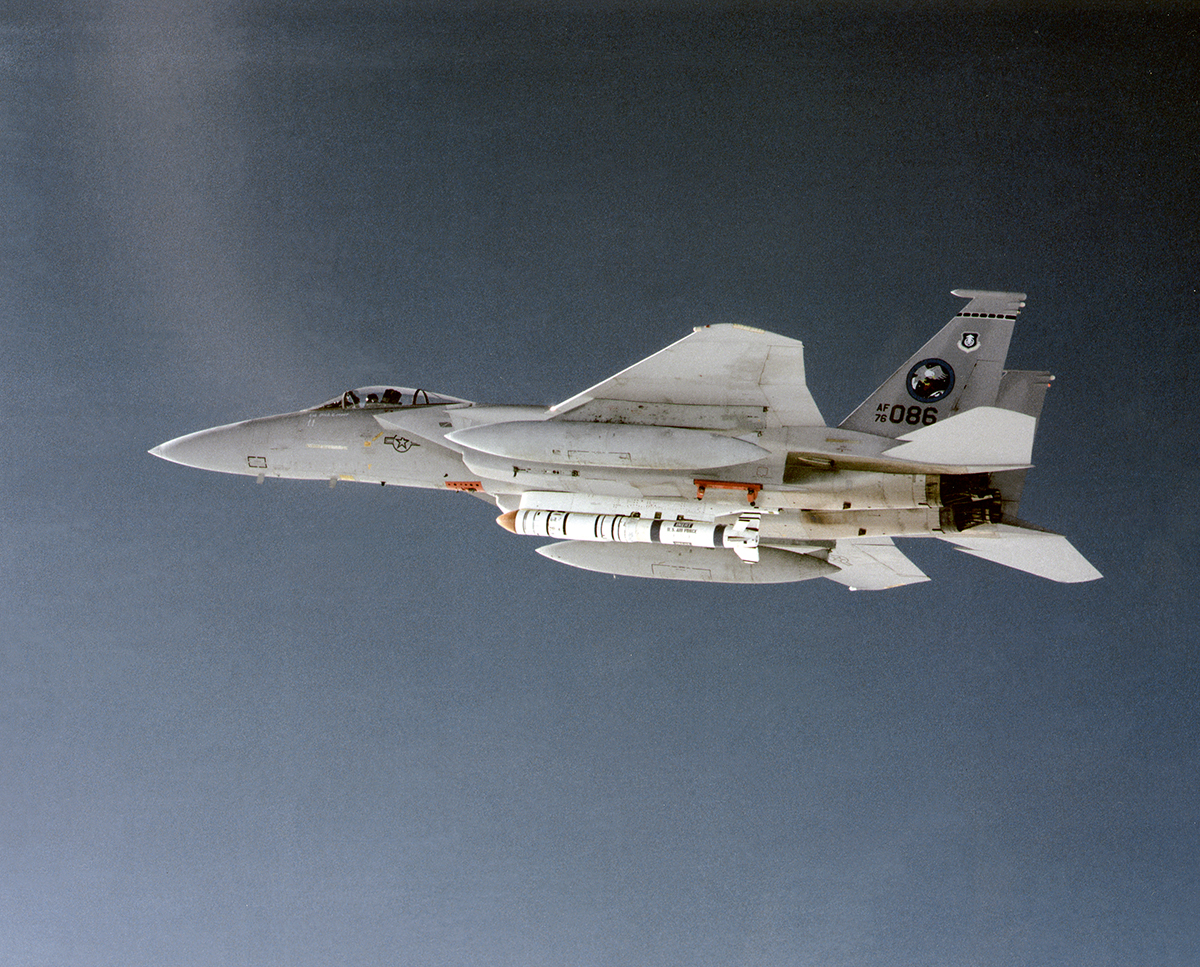The Mitchell Institute Spacepower Advantage Center of Excellence hosted the 1st Annual Spacepower Security Forum on October 25th, 2022. National security space leaders addressed spacepower strategy, operational concepts, policy, and budget priorities to understand important vectors in this crucial domain.
Opening Keynote: Gen David Thompson, Vice Chief of Space Operations
The men and women of the Space Force are meeting ever-growing mission demands while charting a future path at a crucial moment in history. Aggressive action by adversaries is changing the nature of space as a peaceful domain. This, paired with surging demand for capabilities on orbit, creates an imperative to expand the range of effects we create in, through and from space. In this conversation, Gen Thompson covered recent Space Force accomplishments and shared insights into future challenges. Transcript
Space Operations—Defining the Demand
Modern national security space operations are increasingly complex and demanding. The scale and scope of missions are changing fast, especially as adversaries seek to project weaponized effects within the space domain. Meeting these challenges demands a collaborative approach with allies and partners. This panel discussed the roles and missions that define current national security space operating paradigms, considered the impact of adversary behavior, and explored how a partnered approach can best deliver desired effects.
Panelists:
• Lt Gen Stephen Whiting — Commander, Space Operations Command
• Air Commodore John Haly — Air and Space Attaché, Australian Defense Staff
• Air Commodore Jeremy Attridge — UK Air and Space Attaché to the United States
The Intersection of Force Design and Technology: Innovating Tomorrow’s Space Force The national security space enterprise is fundamentally tied to technology. This panel offered its insights regarding mission demands driving innovation. What sort of technological solutions will be most helpful? How does this tie back to core mission imperatives, especially in an era where space is increasingly contested? Transcript
Panelists:
• Col Nathan Iven – Deputy, Science, Technology, and Research, Chief Technology and Innovation Office
• Scott Forney – President, General Atomics Electromagnetic Systems
• Chris Worley – Vice President of DoD Earth Intelligence Programs, Maxar Technologies
Lunch Keynote: Dr. Derek Tournear, Director of the Space Development Agency
Defense leaders have repeatedly discussed the advantages they expect to accrue by placing a larger number of smaller, simpler satellites into orbit as part of integrated, collaborative low earth orbit constellations. Not only does this promise to deliver capability in a faster, lower-cost fashion, it also eliminates single points of failure. Dr. Tournear discussed this vision and provided an update regarding how the Space Force is watching this concept evolve—driven both by operational requirements and the threat.
JADC2: Space’s Indispensable Role
The ability to command and control battlespace assets in a rapid, coordinated, and precise fashion is an imperative for meeting the challenge of modern warfare. The scale of modern operating environments, concurrency of advanced threats, and limited force projection capabilities demand that U.S. commanders net mission results in the most effective, efficient manner possible. They must also do so while avoiding undue threats. Space-based capabilities—whether discussing sensors or communication networks—are a keystone of this endeavor.
Panelists:
• Lt Gen Phil Garrant – Deputy Chief of Space Operations, Strategy, Plans, Programs, and Requirements, United States Space Force
• Dr. Brad Tousley – Vice President of Strategy and Technology, Raytheon Intelligence and Space
• Maria Demaree – Vice President & General Manager, Special Programs, Lockheed Martin
Aerospace Chiefs’ Perspectives on Space: Air Chief Marshal Sir Michael Wigston, Royal Air Force Chief of the Air Staff, and Lieutenant General Luca Goretti, Italian Air Force Chief of Staff and General Kevin Chilton, USAF (Ret.)
ACM Wigston, Lt Gen Goretti, and Gen Chilton will explore the national security space realm from a senior command perspective. The trends and operational factors impacting this mission area are unprecedented. This is placing unique demands upon top leaders. This discussion explored the variables leaders are facing and delved into the visions ACM Wigston and Lt Gen Goretti see for their respective services when it comes to national security space, including important considerations in the allied relationship.
Check out these amazing photos from our
Spacepower Security Forum 2022
Photo Credit: Alex Sakes Photography
MEDIA COVERAGE
- Working from ‘Clean Sheet,’ China Building Up Space Power at ‘Incredible Rate,’ USSF Leaders Say | Air & Space Forces Magazine
- 2024 budget to reflect Space Force, NRO accord on tracking moving targets from orbit | Breaking Defense
- Orbit of Babel: SDA developing ‘translators’ to get data from ISR sats to warfighters | Breaking Defense
- US Strategic Space Review signed out, but no unclassified version is coming | Breaking Defense
- Space Force to seek budget boost beyond 2023, China’s capabilities are ‘close to ours’ | Space News
- Russia escalates rhetoric on commercial satellites, calls them ‘legitimate targets for retaliation’ | Space News
- Russia threatens a retaliatory strike against US commercial satellites | Ars Technica
- Space Force expects budget growth into 2024 amid ‘tremendous need’ | C4ISRNET
- Citing Growing Threat from China, Space Force Leaders Say They Need More Money | Military.com
- SDA Developing Translator Payloads for National Defense Space Architecture | National Defense Magazine
- DoD’s Indo-Pacific Command Adds Space Component | Payload
- Small Agency Blazes Trail For New Space Architecture | National Defense Magazine
